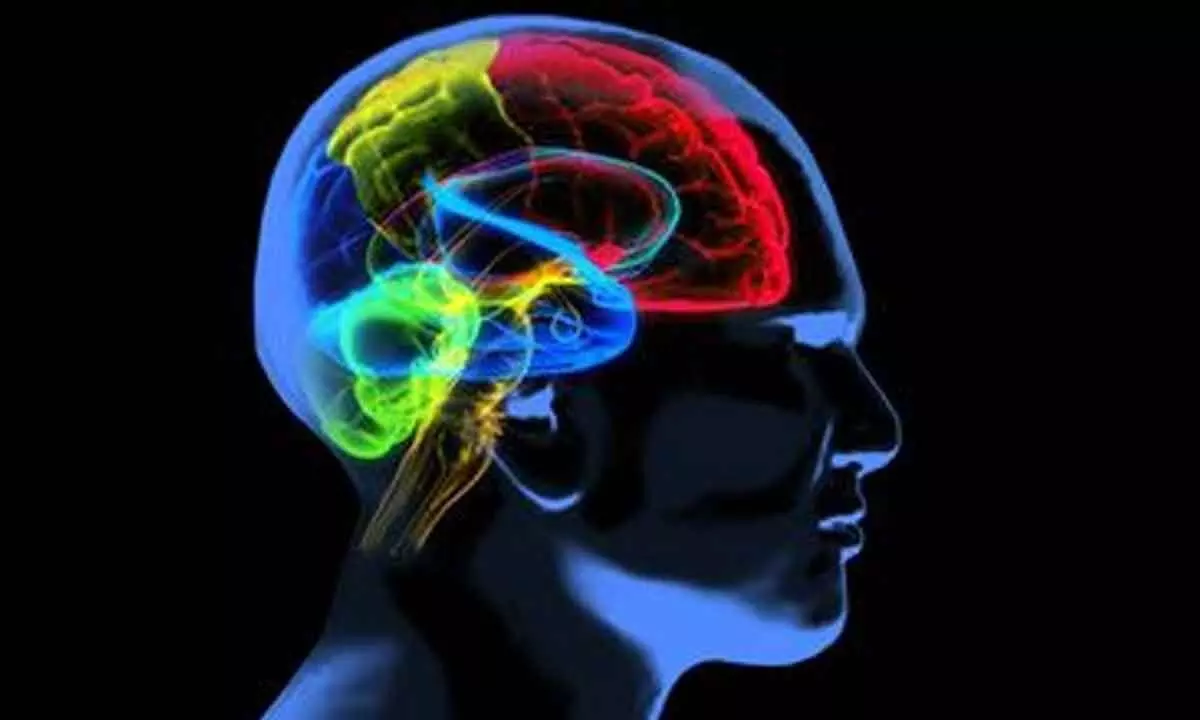Asthma can negatively affect brain functions: Experts
Share :

Asthma, a debilitating respiratory condition that claims 2,50,000 lives worldwide each year, can significantly disrupt brain functions, said health experts on World Asthma Day on Tuesday.
Asthma, a debilitating respiratory condition that claims 2,50,000 lives worldwide each year, can significantly disrupt brain functions, said health experts on World Asthma Day on Tuesday.
World Asthma Day is observed every year on May 7 to raise awareness about the condition. This year's theme is 'asthma education empowers'.
People suffering from asthma have thickened lung walls, clogged with mucus and hyperreactive airways.
The presence of a trigger, such as pollen, dust mites, or a viral infection, causes the airways to narrow even further during an asthma attack. Asthma primarily affects the lungs; however, experts warn that it can also directly or indirectly disrupt brain function.
"An asthma attack can result in ischemic demyelination of white matter and damage to brain cells by depriving the brain of oxygen. Repeated asthma attacks and poor management of the condition might cause sleep disturbances and impair brain function," Praveen Gupta, Principal Director & Chief of Neurology, at Fortis Hospital Gurugram, told IANS.
Research has shown that both adults and children with asthma experience cognitive impairment. Such cognitive impairment in asthmatic patients is thought to be caused by changes in the brain's architecture.
Asthma patients experience hippocampal volume loss, closely linked to cognitive impairment.
"Asthma may also exert secondary effects on neurological function, particularly in children. Factors such as hypoxia, inflammation, and the chronic stress of illness could potentially influence neurocognitive function. There is a link between asthma and various neurological outcomes in children, including deficits in cognitive function, increased risk of behavioural problems, disrupted sleep patterns, and potential medication side effects," Aratrika Das, Consultant - Pulmonology at Narayana Hospital RN Tagore Hospital, told IANS.
Further, people with asthma also have low levels of the chemical NAA which in turn impairs their memory. In addition, the lack of oxygen during asthma attacks can damage the hippocampus, making it tough for them to learn spatial tasks.
"There is a cognitive burden associated with asthma, particularly among vulnerable groups -- both young and older patients with severe asthma. This might be attributed to a higher likelihood of intermittent cerebral hypoxia in severe asthma cases. Cognitive deficits associated with asthma are global, with the strongest effects on broader measures involving academic achievement and executive functioning. There may be associated changes in the structure of the brain," Neetu Jain, Senior Consultant, Critical Care, Sleep Medicine, PSRI Hospital, told IANS.
The exact mechanism of cognitive dysfunction in patients with asthma is unknown. Patients with asthma are affected by stress and emotion. Any factor causing emotional distress can cause an asthma attack, she added.
The experts called for understanding the intricate interplay between asthma and neurological function. They called for addressing both respiratory and neurological aspects of asthma care to optimise treatment strategies and promote overall well-being.







